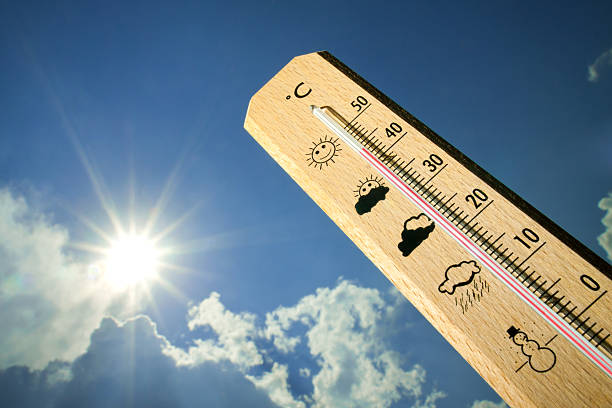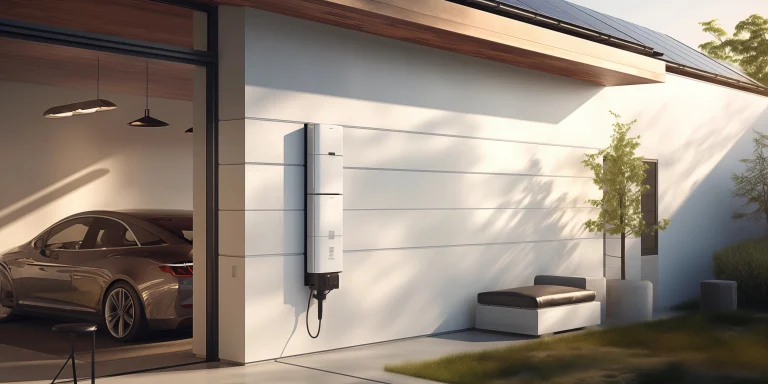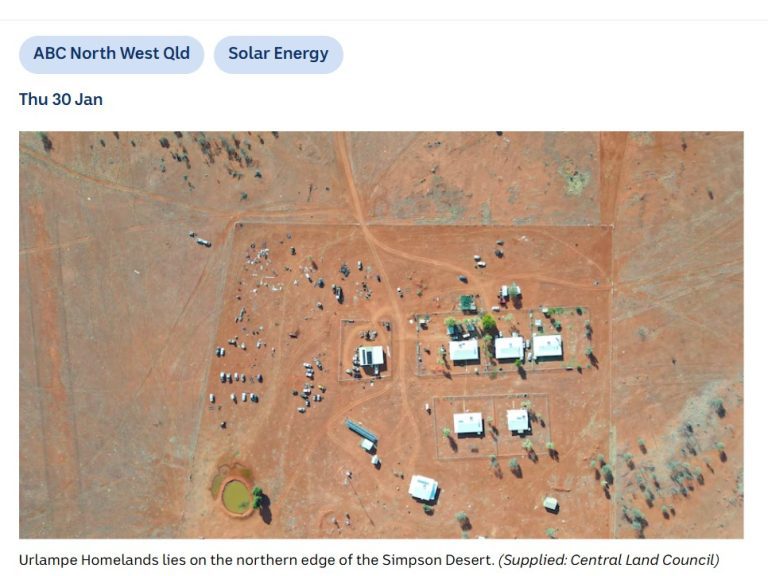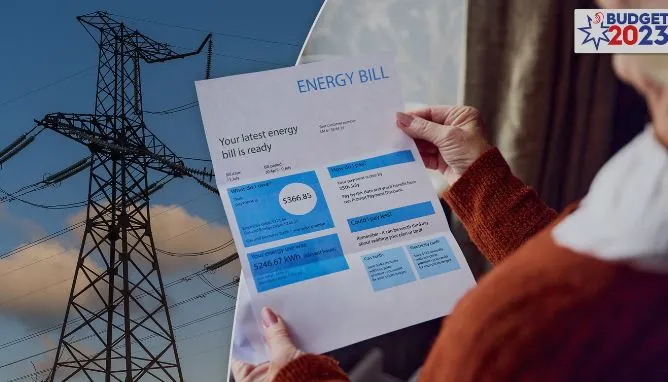While heatwaves are challenging to predict, they can significantly impact the cost of living during the summer months.
- Increased energy costs: During heatwaves, the demand for electricity rises as people use air conditioners and cooling systems more frequently. This heightened demand may lead to increased energy costs, impacting household utility bills.
- Higher cooling expenses: Individuals may need to spend more on cooling their homes, such as running air conditioners or fans for longer durations. This can contribute to higher electricity bills and overall living expenses.
- Water usage and costs: In some regions, heatwaves can lead to drought conditions, affecting water supplies. This may result in water use restrictions, potentially impacting landscaping and increasing water bills if water becomes scarcer.
- Impact on agriculture: Extended periods of extreme heat can adversely affect agriculture, leading to lower crop yields. This, in turn, can contribute to increased prices for certain food items, influencing the overall cost of living.
- Infrastructure strain: Heatwaves can strain infrastructure, potentially leading to increased maintenance costs for utilities and public services. This may indirectly affect the cost of living as these expenses are factored into service fees and taxes.
- Insurance costs: Increased frequency and severity of heatwaves may impact insurance costs, particularly for property and health insurance. Insurers may adjust premiums based on the rising risks associated with extreme weather events.
While the specific impacts can vary based on the region and existing infrastructure, it’s important to consider these factors when assessing how heatwaves might influence the overall cost of living during the summer months.
What can you do to be more proactive?
Proactive measures such as energy-efficient home practices and climate-resilient infrastructure can help mitigate some of these effects.
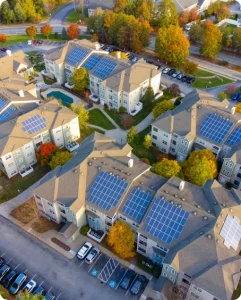
Solar PV: The widespread installation of rooftop solar PV systems plays a crucial role in decreasing overall electricity demand, especially during peak periods in summer heatwaves. However, it’s important to note that this may shift the peak demand to later in the day as sunlight decreases. Fortunately, the future adoption of batteries to store the excess power generated by rooftop solar is expected to counterbalance this shift, making the overall impact more favorable.
Why UNIfied?
At UNIfied, we are here to ensure your electrification journey is as efficient and seamless as possible. You can look forward to paying less on your electricity bills when combining a UNIfied solar system with one of the solar batteries we have in our range.
Contact UNIfied today or call 1300 817 847 to achieve greater savings in these precarious times, and start your journey of clean energy living!
